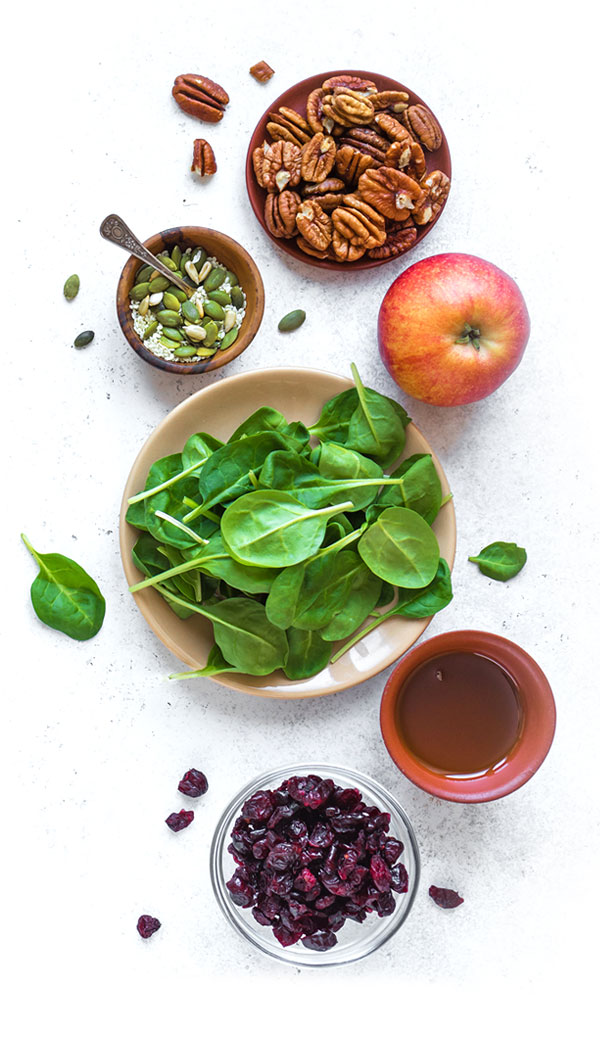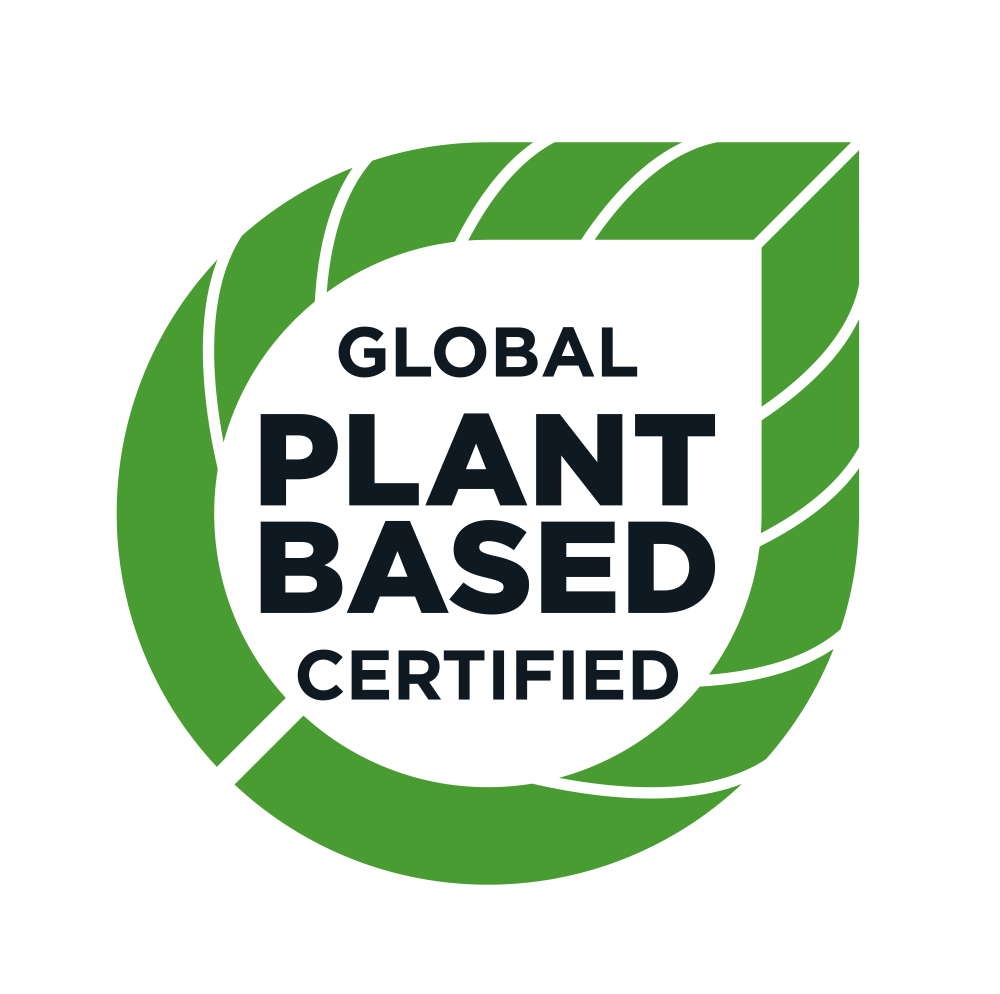FAQ
What is the difference between “plant-based” and “vegan” diet?
A plant-based diet is made up primarily of foods derived from plants which includes vegetables, whole grains, legumes, fruits and nuts. Those who follow a plant-based diet are not seeking to cut out all animal products, but to centre their diet largely around more foods from plant sources. A vegan diet is similar but abstains from eating and/or using any animal or animal derived products, connotates a specific lifestyle choice and is often assumed to be connected to a specific set of ethos. The term plant based addresses a wider audience of consumers who are making dietary choices for a wide variety of reasons.
Why do some products have multiple certifications?
A product labelled with the Global Plant Based Certified logo may also be labelled with additional certification logos such as Halal, Kosher, Organic, Gluten Free, etc. Each of the logos communicates certification to a specific Standard.
Why does an item need certification if there is a list of ingredients on the package?
In today’s technically advanced and evolving food environment, ingredients may be derived from a variety of sources and used for a variety of purposes in a food. The presence of a GPBC logo on a product, provides added convenience and assurance to consumers looking to purchase plant-based products that are certified to an accessible Standard.
Do plant-based diets help prevent chronic disease?
It is well accepted that a strongly implemented plant-based diet is associated with lower rates of heart disease, obesity, high cholesterol, high blood pressure, type 2 diabetes and certain types of cancer.
Can you get enough protein from plants?
Protein deficiency is extremely unlikely. To get all of your amino acids focus on eating a variety of protein packed plants., including, lentils, beans, nuts, seeds, and plant based milks.
How will I get calcium?
There are endless plant-based foods rich in calcium, such as chia seeds, sesame seeds, molasses, beans, bok choy and figs. This may be hard to get your head around, but it is actually proven in most cultures that the less dairy is consumed, the more calcium is absorbed by the body.
How will I get iron?
You need to be a bit more cautious to make sure you’re consuming enough of plant-based sources such as: dark leafy greens, lentils, tofu, quinoa, oats, pumpkin seed swiss chard, prune juice, and more.
Are plant-based diets nutritionally suitable for all?
Plant-based diets, when well-planned, are recognized by the largest network of dietitians in the world (The Academy of Nutrition & Dietetics) as being healthful and nutritionally adequate for people of all ages and lifecycle stages. This means that, when carried out correctly, anyone can get all of the nutrients they need from eating exclusively plant-based foods.
A plant-based diet is nutritious and doesn’t have to be boring.
Despite common myths, following a plant-based diet can provide you with adequate macronutrients, and doesn’t have to be bland or cost you the contents of your entire paycheck. So, if you’re still considering a plant-based diet, it’s time to write out a grocery list, invest in a recipe book (or two) and start cooking!

